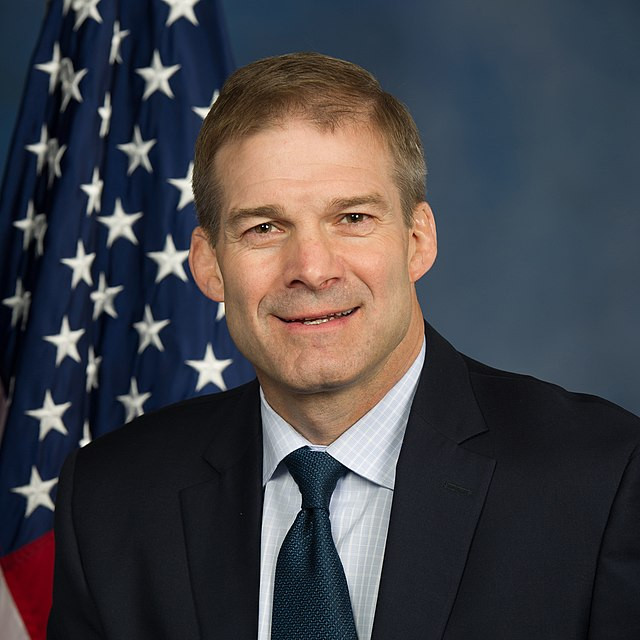In a tumultuous turn of events, House Republicans have nominated the conservative stalwart, Representative Jim Jordan, for the position of Speaker of the House. This decision comes amid a chaotic backdrop of infighting and strategic maneuvering within the party.
Jim Jordan, who chairs the Judiciary Committee, secured his nomination with 124 votes. However, he remains more than 90 votes short of the 217 he would need to clinch the speaker's gavel in a House floor vote, a date for which has yet to be scheduled. A subsequent secret ballot revealed that 55 House Republicans would not back Jordan in a floor vote, casting doubt on his path to the speakership.
"I think I can bring our team together," Jordan confidently remarked to ABC News Senior Congressional Correspondent Rachel Scott as he entered the candidate forum.
Jordan's nomination wasn't without competition. Rep. Austin Scott threw his hat in the ring shortly before the vote, securing 81 votes in the candidate forum. Interestingly, Jordan had previously withdrawn from the speaker race, expressing his intention to support Rep. Steve Scalise. Scalise, however, withdrew his name after failing to garner the necessary votes for the position.
The speaker contest has been marked by disorder since the unprecedented ouster of former Speaker Kevin McCarthy just over a week ago. McCarthy has since thrown his support behind Jordan. Former President Donald Trump's endorsement of Jordan early in the race has been a double-edged sword, potentially bolstering and hindering his chances simultaneously.
Some members expressed their reservations about Jordan's nomination. Rep. Steve Womack, R-Ark., highlighted the challenges of securing a majority vote, stating, "There's not a person in America -- and that includes the Republican conference -- that is going to get 217 votes." Womack also warned of potential repercussions in the 2024 elections if the party continues to be embroiled in internal strife.
The urgency to elect a new speaker has been amplified by the escalating conflict in Israel, with Hamas-led attacks resulting in significant casualties. The new speaker will also face the daunting task of pushing through funding legislation to avert a partial government shutdown, which could have widespread implications for millions of employees and beneficiaries of social services.
The recent events underscore the challenges the Republican Party faces in uniting its members and charting a cohesive path forward. As Rep. Marc Molinaro, R-N.Y., aptly put it, "The problem has been consistently that we've allowed emotion to get in the way of logic and in a way of the necessity to actually govern."




